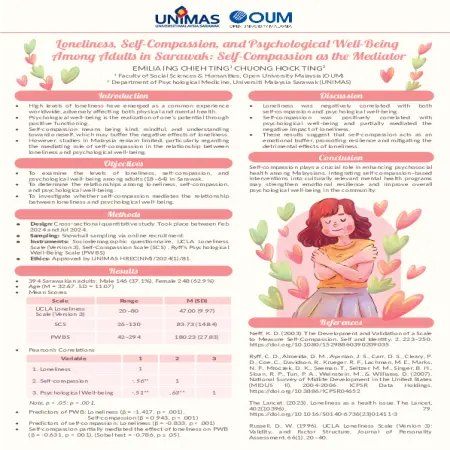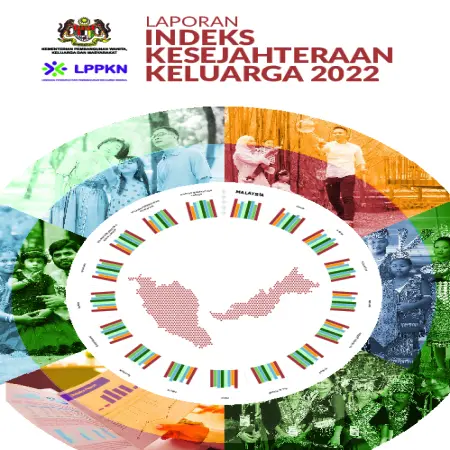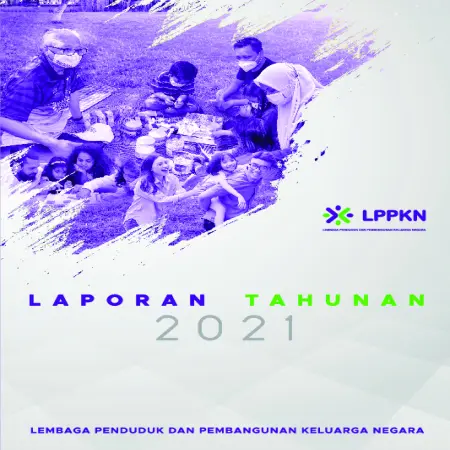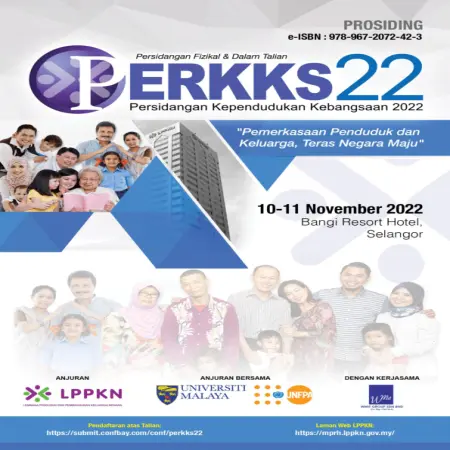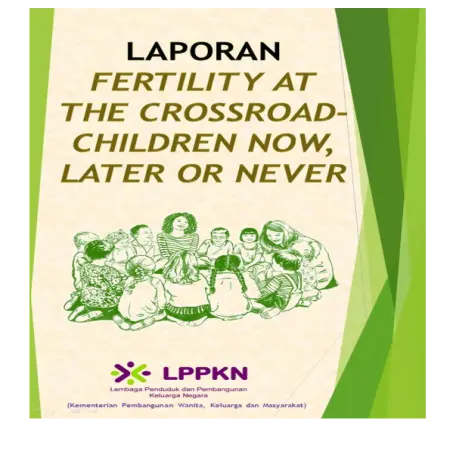TOPICS
|
|
Loneliness, self-compassion, and psychological well-being among adults in Sarawak: self-compassion as the mediator
Item Type: Scientific Poster
Editor:
Year: 00/11/2025
Abstract: High levels of loneliness have emerged as a common experience worldwide, adversely affecting both physical and mental health. Psychological well-being is the realization of one’s potential through positive functioning. Self-compassion means being kind, mindful, and understanding toward oneself, which may buffer the negative effects of loneliness. However, studies in Malaysia remain limited, particularly regarding the mediating role of self-compassion in the relationship between loneliness and psychological well-being. Self- compassion plays a crucial role in enhancing psychosocial health among Malaysians. Integrating self-compassion-based interventions into culturally relevant mental health programs may strengthen emotional resilience and improve overall psychological well-being in the community.
|
|
|
|
|
|
Laporan Indeks Kesejahteraan Keluarga (IKK) 2022
Item Type: Research Report
Editor:
Year: 00/03/2025
Abstract: The National Population and Family Development Board (LPPKN) established a new framework for family research in Malaysia by introducing the Family Well-Being Index (FWBI) in 2011 to measure the level of family well-being. To continue the effort of measuring and monitoring family well-being, LPPKN conducted the fourth series of the FWBI Study in 2022 and subsequently published the 2022 Family Well-Being Index Report (FWBI 2022).
Out of 8,460 households visited, a total of 5,236 respondents were successfully interviewed, consisting of 2,784 (53.2%) fathers and 2,452 (46.8%) mothers. The majority of respondents were aged between 40 and 49 years, Malay, still married, had secondary education, and resided in urban areas. More than two-thirds (68.9%) of respondents were from the B40 group with a household income of less than RM4,850.00. In terms of family structure, three-quarters (75.3%) of respondents belonged to nuclear households, where the father, mother, and children live together.
The FWBI 2022 showed that the level of family well-being was at a moderate level, with a score of 7.93 out of a maximum scale of 10.00. The 2022 FWBI score recorded an increase of 0.21 points or 2.7 percent compared to FWBI 2019. This improvement was contributed by five domains that scored above 8.00, namely:
(i) Family Relationship Domain (8.44);
(ii) Family, Religion, and Spiritual Practices Domain (8.37);
(iii) Family and Community Involvement Domain (8.24);
(iv) Family and Communication Technology Domain (8.18); and
(v) Family Health Domain (8.07).
|
|
|
|
|
|
Laporan Penganjuran Seminar Kependudukan Negeri Selangor SKNS 2024
Item Type: Report
Editor:
Year: 00/09/2024
Abstract: The Selangor State Population Seminar 2024 (SKNS 2024), held in conjunction with World Population Day 2024, was organized to discuss policies and measures needed to slow down the declining fertility rate and to prepare the state of Selangor for the rapid pace of demographic change. SKNS 2024 was jointly organized by the Selangor State Government and the National Population and Family Development Board (LPPKN) Selangor, in collaboration with the United Nations Population Fund (UNFPA).
The theme of this inaugural seminar was “Demographic Change: Impacts, Challenges, and Opportunities for the State of Selangor.” Among the issues discussed were the declining fertility rate and its impact on national development, covering four key areas:
i. Socioeconomics
ii. Health and infertility
iii. Policy development
iv. Shared responsibilities
The objective of the seminar was to explore and discuss current demographic dynamics and challenges, as well as their relationship with development, particularly in Selangor. This seminar provided a platform for policymakers, academics, and researchers to present their research findings in the fields of population, family, and reproductive health, and to produce recommendations that could serve as input for policy formulation and the development of appropriate intervention programs by the Selangor State Government.
In addition, the seminar also aimed to gather input and proposals on slowing down the fertility rate in Selangor from participants comprising state government agencies, state-owned enterprises, academics, non-governmental organizations (NGOs), and civil society.
This report serves as the comprehensive and detailed record of SKNS 2024, covering all sessions: opening remarks, officiating speech, keynote address, paper presentations, forums, Q&A sessions, and the closing session, along with recommendations for consideration by the Selangor State Government. The report also includes media coverage generated by SKNS 2024.
|
|
|
|
|
|
Long-term care insurance (LTCI) for the ageing society in Malaysia
Item Type: Book Section
Editor:
Year: 00/00/2022
Abstract: The increase in life expectancy and declining fertility rates have contributed to the rising tide of the ageing population in Malaysia. Undeniably, an ageing population poses the need for policy changes to address the economic and social risks caused. Against this backdrop, it is therefore crucial for Malaysia to give serious attention in developing a policy related to long-term care financing.
|
|
|
|
|
|
Laporan fertility at the crossroad-children now, later or never
Item Type: Research Report
Editor:
Year: 00/00/2018
Abstract: This study was to identify the socio-economic and psychological factors that influence the decision of women working in the public and private sectors to want to have children now, postpone pregnancy or do not want to have another child/children. It also to identify forms of support that can be provided by employers in an effort to create a family -friendly work environment. Nowadays, the issue of declining fertility rates is becoming a global issue, not just in among developed countries even in developing countries. Most countries have experienced fertility decline since the 1970s. United Nations Projections (UN) indicates most countries in the Asia Pacific region will experience a decline total fertility rate (TFR) until 2015-2030. Countries like China, Japan and Singapore have achieved TFR below the substitution level for decades ago. Rapid socio -economic development in Malaysia over the past five decades
has resulted in a decrease in births and deaths as well as an increase in migration. Malaysia is currently in the second phase of a demographic transition where fertility rates are increasing decreased while the percentage of the elderly population increased. Decrease in rate
mortality and fertility are closely linked to improved quality of life giving
significant impact on the growth and size of the Malaysian population.
|
|
|
|





